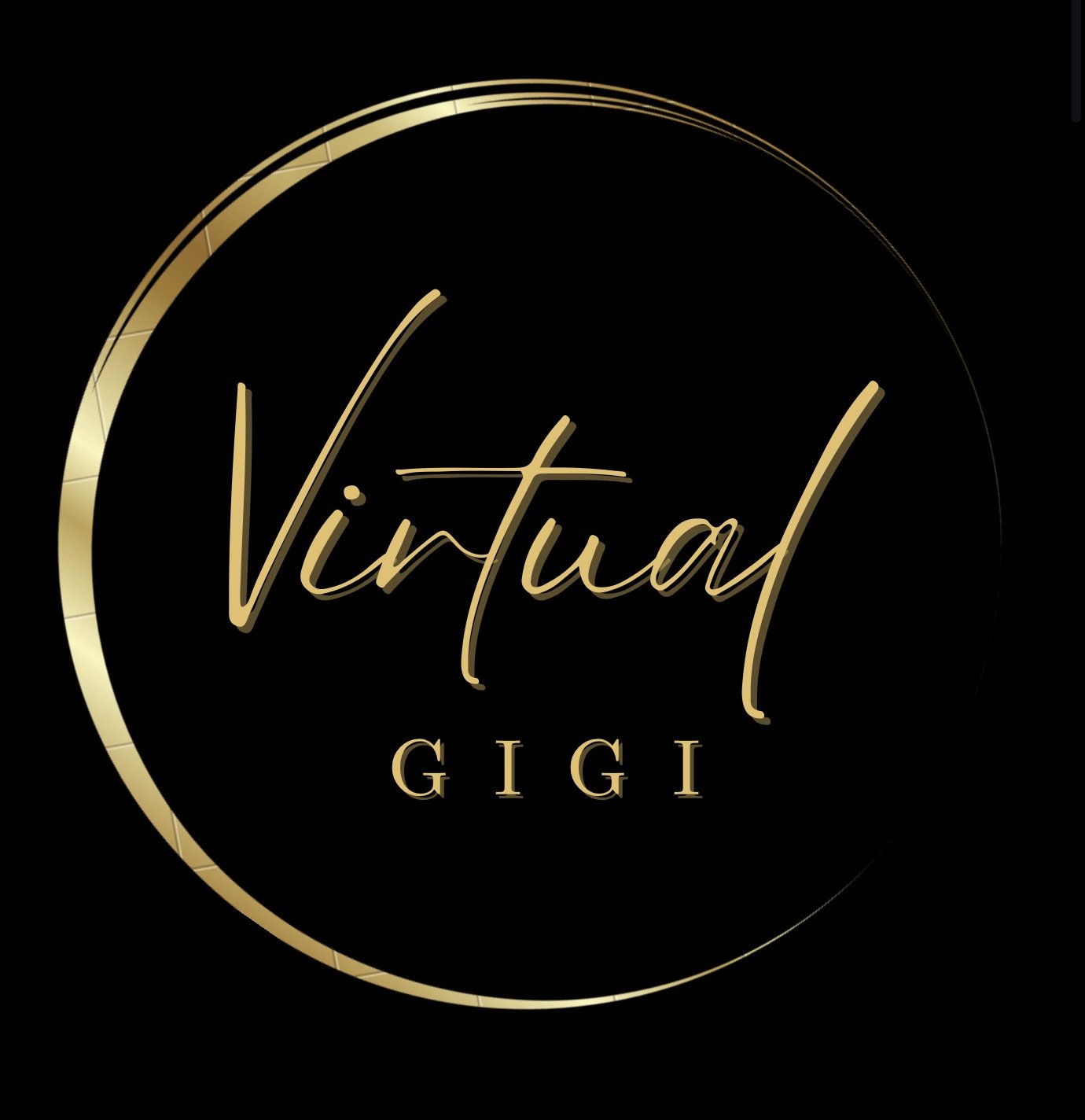The Beginners Guide to Meditation
The Beginners Guide to Meditation:
Refresh Your Mind and Find Balance
By Virtual Gigi
Published on 15th May 2025
---
Meditation has become more than just a wellness trend—it’s a valuable tool for mental clarity and emotional well-being. Health and wellness professionals often encourage their clients to take time for themselves, but how often do they practice it themselves? Meditation is a simple, effective way to recharge the mind and maintain balance amid life’s demands.
In this guide, we’ll explore why meditation is essential, how to practice it as a beginner, and the benefits you can expect to experience. (Please note that Virtual Gigi is not a trained medical professional, so if you need help, seek advise from a qualified professional, this is a guide only.)
Why Meditation Matters
Our minds are constantly processing—whether it’s work, personal life, or social interactions. Without intentional breaks, mental fatigue sets in, affecting our focus and overall well-being. Meditation provides a structured way to clear the mental clutter and allow the brain to recharge.
The Benefits of Meditation:
Reduced Stress and Anxiety: Helps the nervous system shift from fight-or-flight to rest-and-digest.
Enhanced Focus: Regular practice improves concentration and cognitive function.
Emotional Balance: Meditation helps regulate mood and build resilience against stressors.
Improved Physical Health: Lowers blood pressure, enhances immune response, and supports overall vitality.
Getting Started with Meditation: Practical Tips
Meditation doesn’t require special equipment or extensive knowledge—just a commitment to pause and breathe. Here are some beginner-friendly techniques:
1. Start Small
Begin with just 5 minutes a day. Gradually increase the time as it becomes part of your routine.
2. Create a Calm Space
Find a quiet, comfortable spot where you won’t be interrupted. Use a cushion or chair to support your posture.
3. Focus on Your Breath
Close your eyes and take slow, deep breaths. Notice the rise and fall of your chest or abdomen. If your mind wanders, gently guide it back to your breath.
4. Use Guided Meditations
Apps like Headspace or Calm offer beginner-friendly sessions to help you stay on track.
5. Be Consistent
Practice daily or as often as possible. Consistency is key to experiencing long-term benefits.
Meditation is not about emptying your mind but about becoming more aware of your thoughts without judgment. As you integrate meditation into your routine, you’ll likely notice a shift toward greater mental clarity and emotional calm.
Remember, the practice itself is progress. Give yourself the grace to learn and grow at your own pace.
Ready to start your meditation journey? Block out just five minutes today to try a simple breathing exercise. Your mind will thank you.


